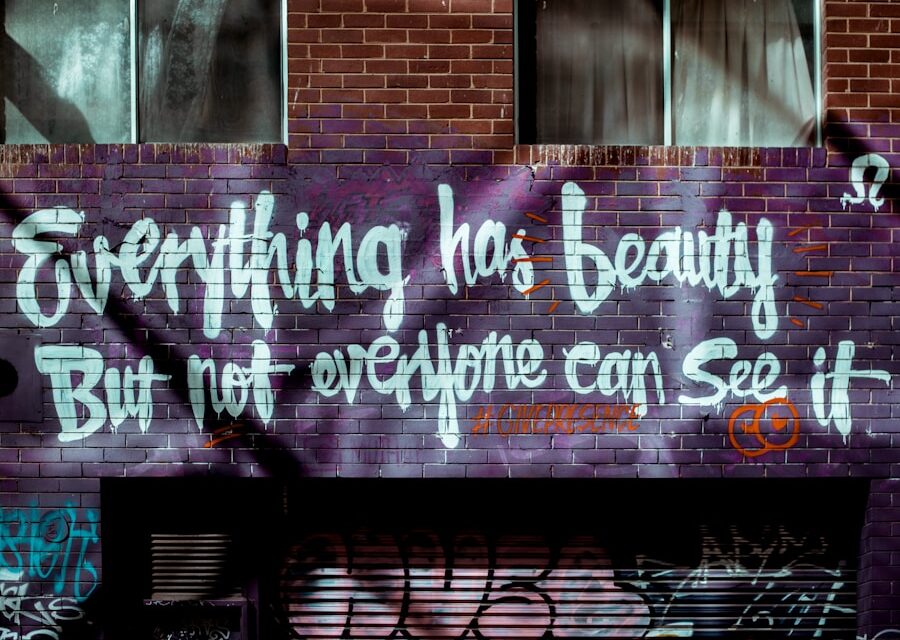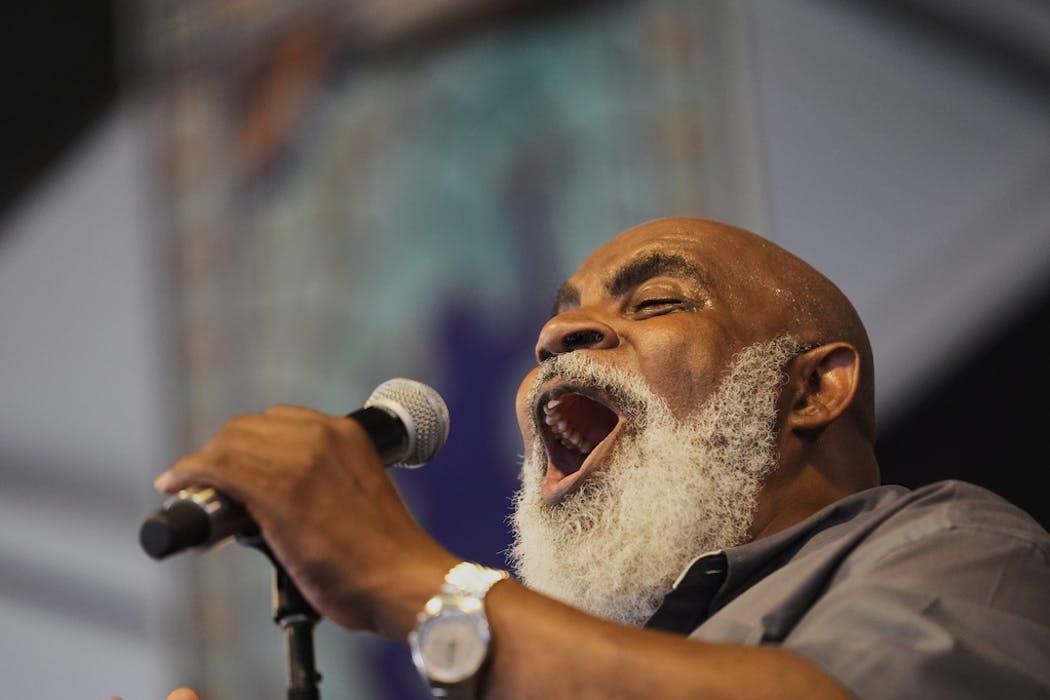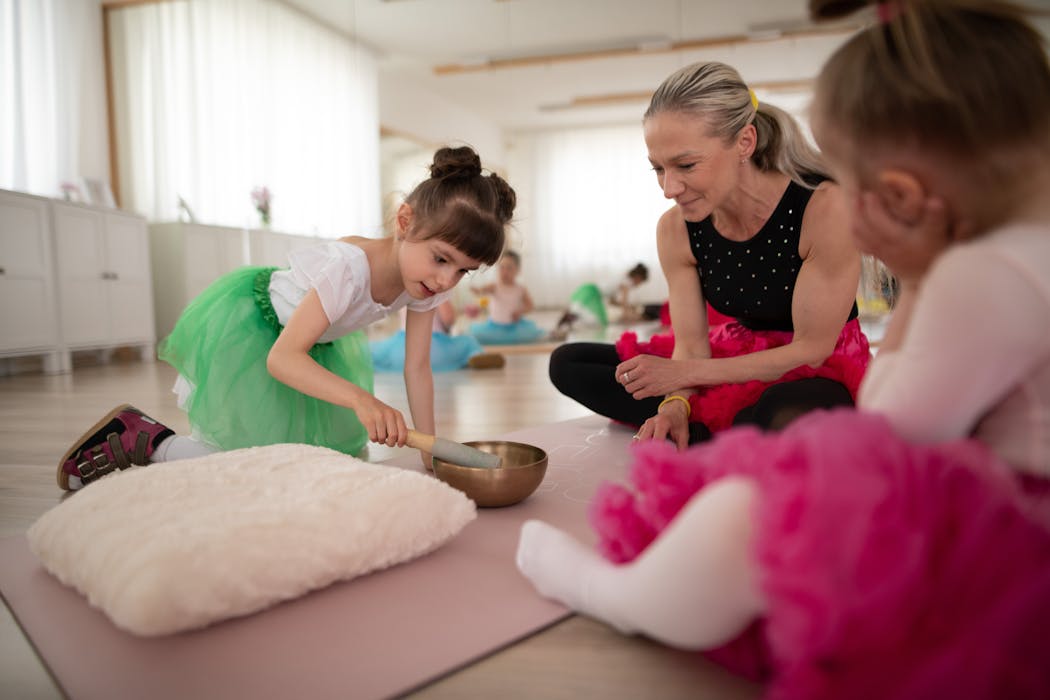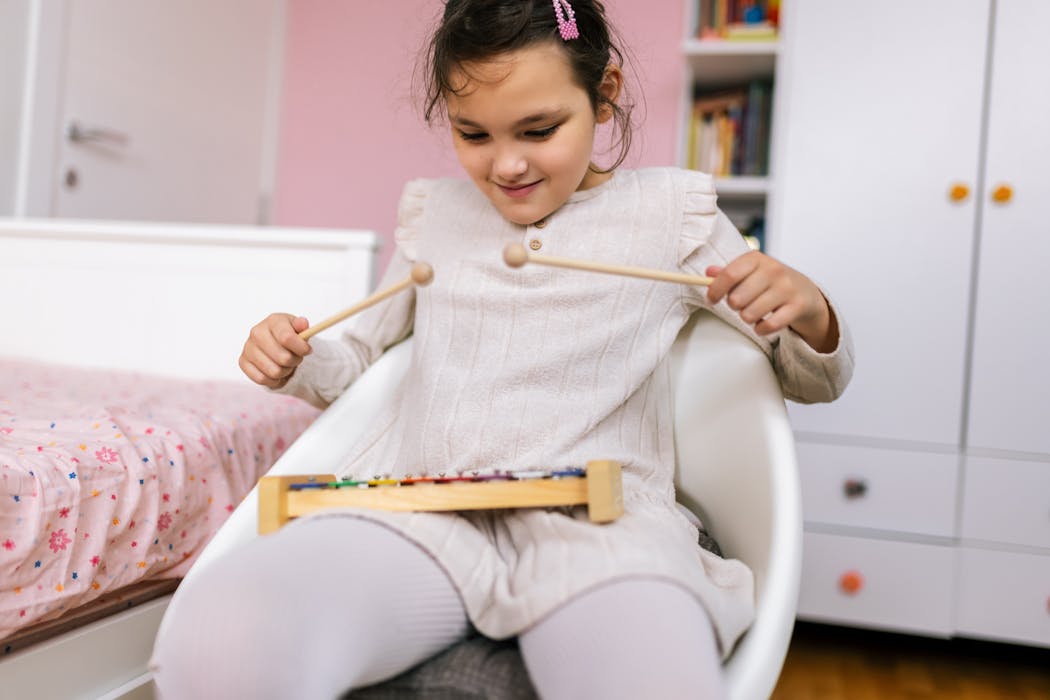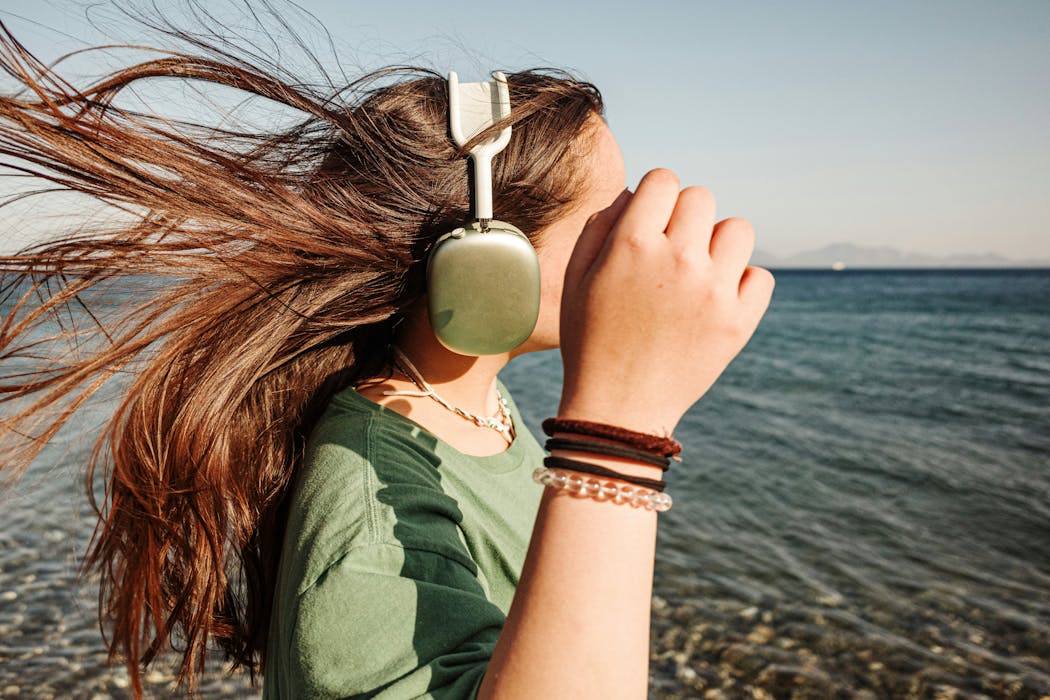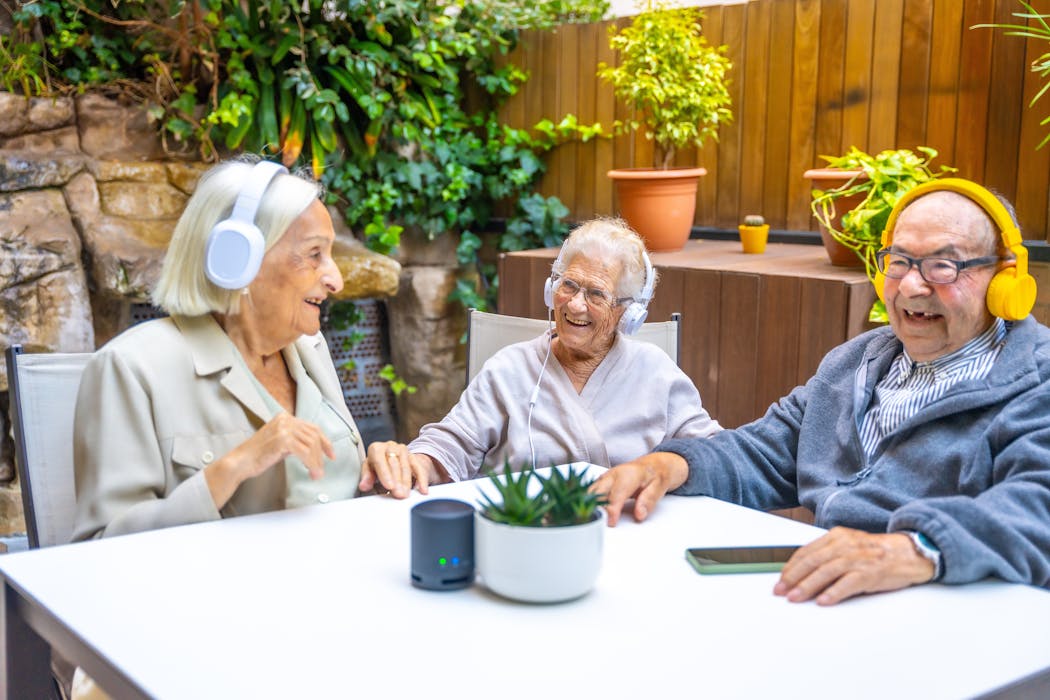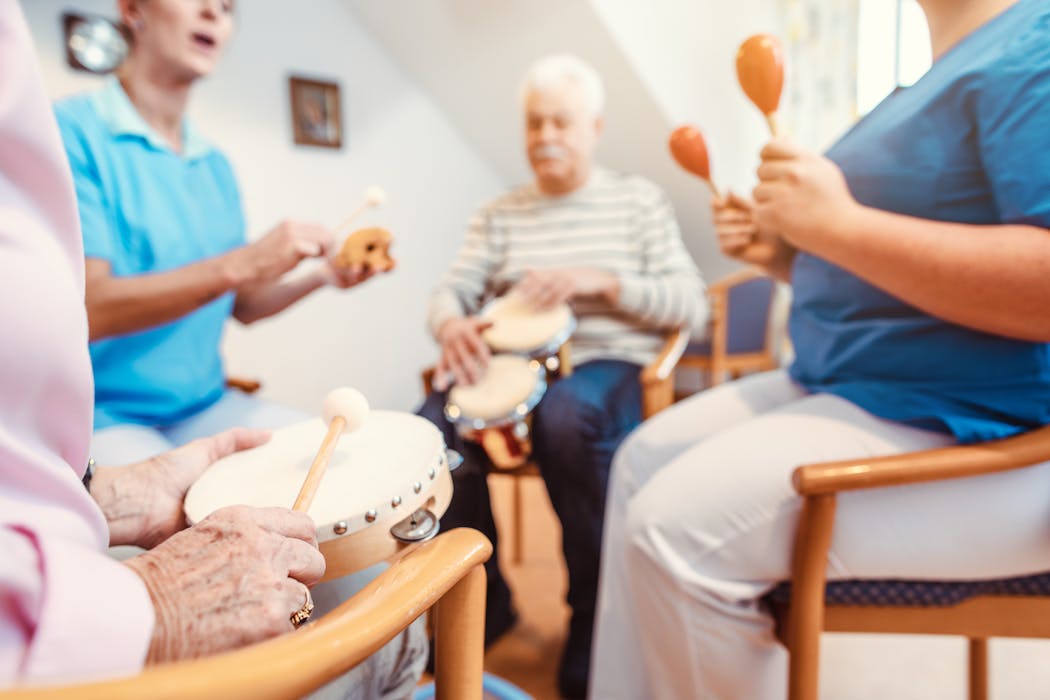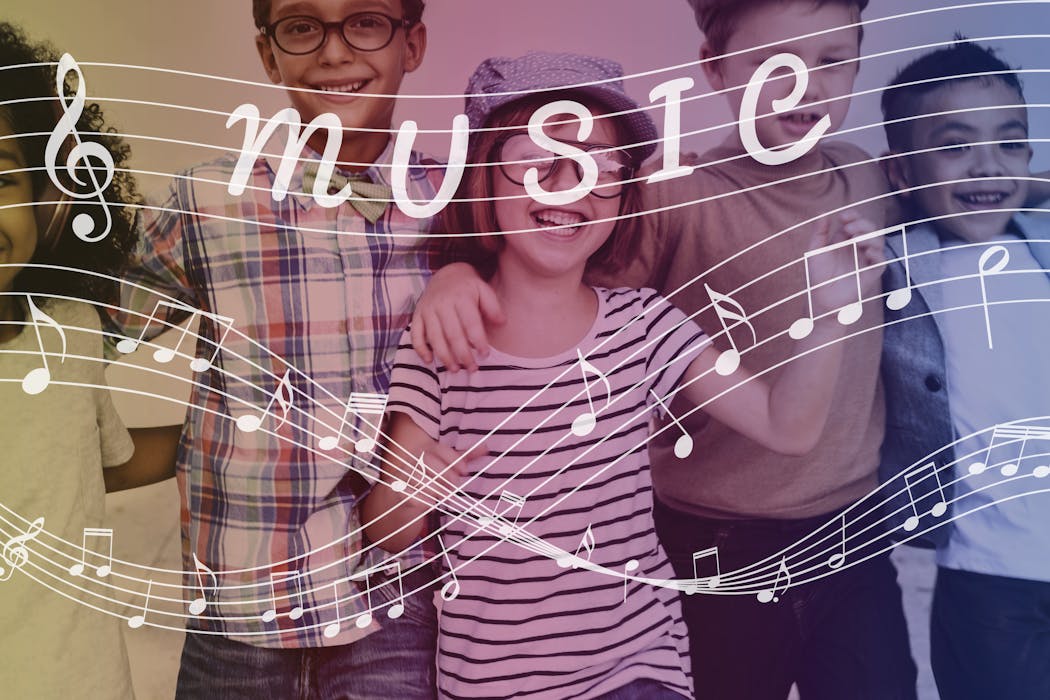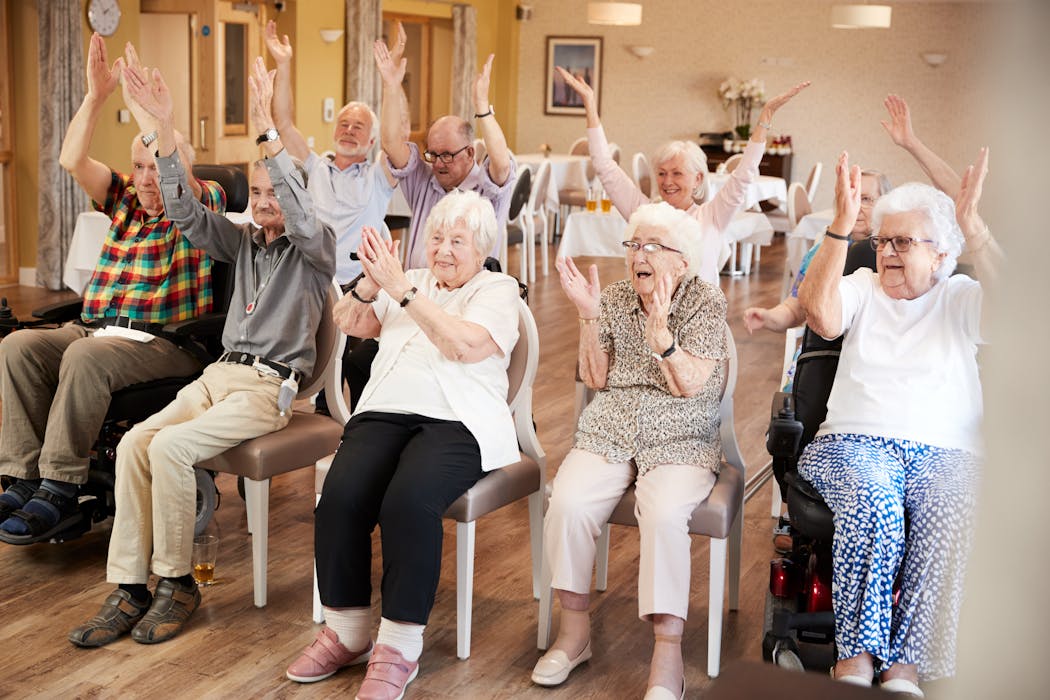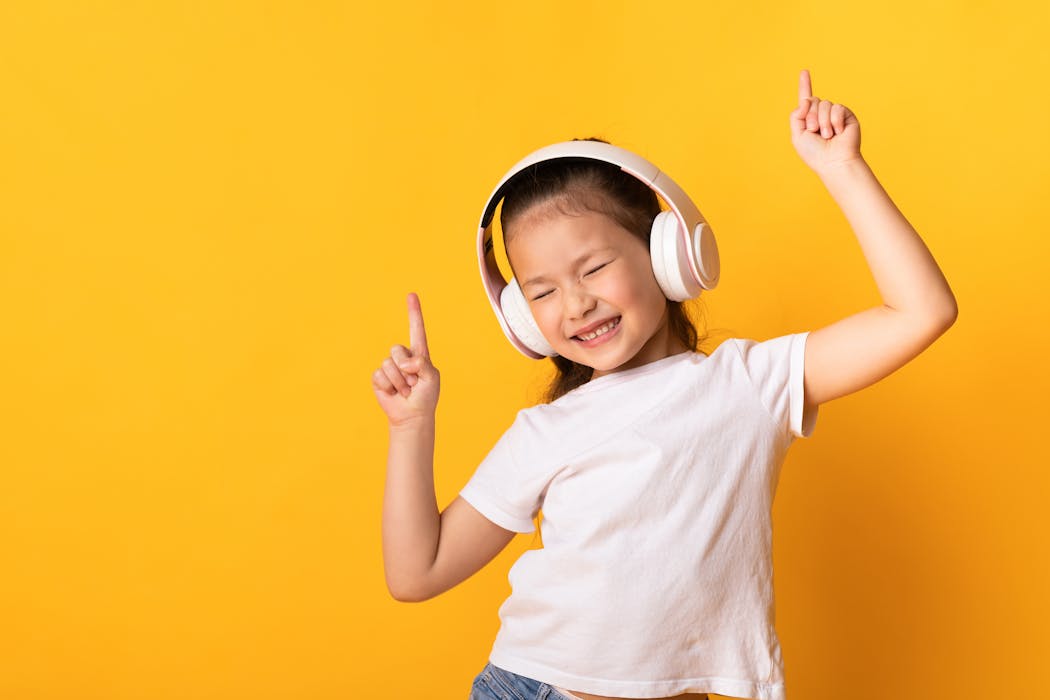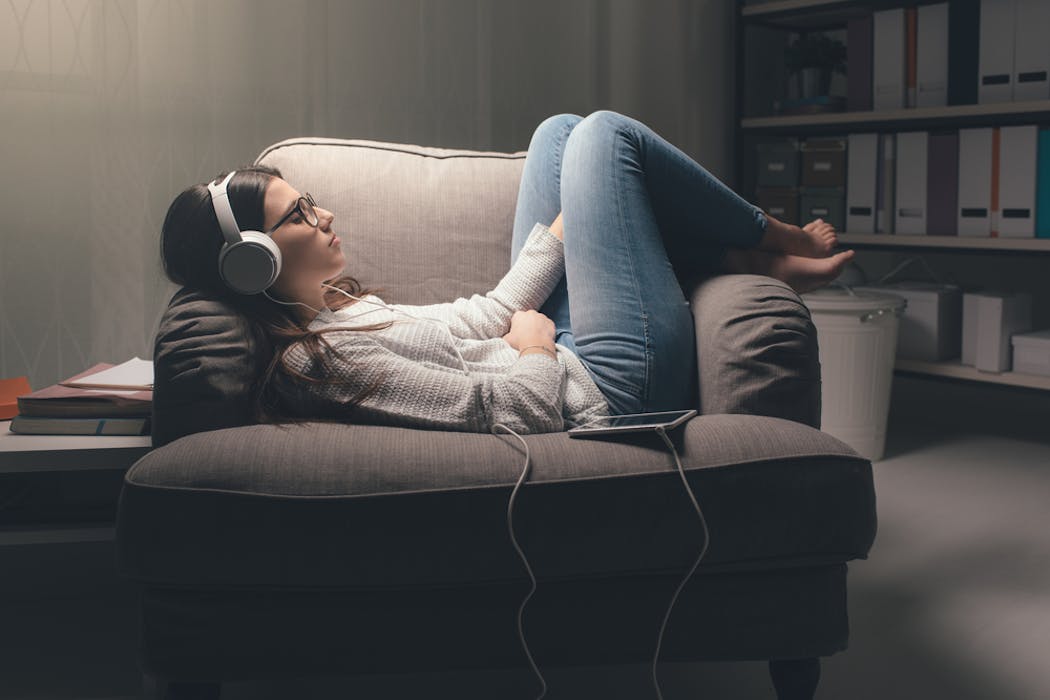Expressive arts therapy is a form of therapy that utilizes various art forms, such as music, dance, visual arts, and drama, to help individuals explore and express their emotions, thoughts, and experiences. This form of therapy is based on the belief that creative expression can be a powerful tool for healing and personal growth. Through the use of different art forms, individuals are able to tap into their inner creativity and gain insight into their emotions and experiences. Expressive arts therapy is often used in individual and group settings, and can be particularly beneficial for individuals who may have difficulty expressing themselves verbally.
Expressive arts therapy is rooted in the idea that the creative process itself can be therapeutic. By engaging in the creative process, individuals are able to access their subconscious thoughts and feelings, and gain a deeper understanding of themselves. This form of therapy can be particularly effective for individuals who may struggle with traditional talk therapy, as it provides an alternative way to explore and process emotions. Additionally, expressive arts therapy can be used to address a wide range of issues, including trauma, grief, anxiety, depression, and stress. Overall, expressive arts therapy offers a unique and holistic approach to healing and personal growth.
The Benefits of Self-Expression
Self-expression is a fundamental aspect of human experience, and it plays a crucial role in our emotional well-being. When we are able to express ourselves authentically, we are better able to understand and process our emotions, thoughts, and experiences. This can lead to a greater sense of self-awareness and self-acceptance, as well as improved mental and emotional health. Self-expression can take many forms, including art, music, writing, and movement, and each of these forms offers unique benefits for individuals.
One of the key benefits of self-expression is the ability to release pent-up emotions and stress. When we are able to express our emotions through creative outlets, we are better able to let go of negative feelings and experiences. This can lead to a greater sense of emotional balance and well-being. Additionally, self-expression can also help individuals to connect with others on a deeper level, as it allows for authentic communication and understanding. Overall, self-expression is a powerful tool for personal growth and emotional healing.
Exploring Different Forms of Expressive Arts
Expressive arts therapy encompasses a wide range of art forms, each of which offers unique benefits for individuals. Some of the most common forms of expressive arts include visual arts, music, dance, drama, and writing. Each of these art forms provides individuals with a different way to explore and express their emotions and experiences. Visual arts, such as painting, drawing, and sculpture, can be particularly effective for individuals who may have difficulty expressing themselves verbally. Music and dance offer individuals the opportunity to express themselves through movement and rhythm, while drama provides a platform for individuals to explore different roles and perspectives. Writing, whether it be poetry, journaling, or storytelling, offers individuals a way to express their thoughts and emotions in a structured and reflective manner.
Each form of expressive arts offers unique benefits for individuals, and individuals may find that they are drawn to one form more than others. Regardless of the specific art form, the creative process itself can be therapeutic and healing. By engaging in the creative process, individuals are able to tap into their inner creativity and gain insight into their emotions and experiences.
How Expressive Arts Therapy Can Help with Mental Health
Expressive arts therapy has been shown to be effective in helping individuals with a wide range of mental health issues. This form of therapy provides individuals with a safe and supportive environment in which they can explore and express their emotions and experiences. Through the use of different art forms, individuals are able to gain insight into their thoughts and feelings, and develop coping skills for managing their mental health challenges.
One of the key ways in which expressive arts therapy can help with mental health is by providing individuals with an alternative way to communicate and process their emotions. For individuals who may struggle with traditional talk therapy, expressive arts therapy offers a creative outlet for exploring their inner world. Additionally, expressive arts therapy can help individuals to develop a greater sense of self-awareness and self-acceptance, which can be particularly beneficial for those struggling with issues such as anxiety, depression, trauma, or grief.
Overall, expressive arts therapy offers a holistic approach to mental health treatment that can be particularly effective for individuals who may have difficulty expressing themselves verbally. By engaging in the creative process, individuals are able to access their subconscious thoughts and feelings, and gain a deeper understanding of themselves.
The Role of Creativity in Self-Expression
Creativity plays a crucial role in self-expression, as it allows individuals to tap into their inner resources and explore their emotions and experiences in unique ways. When we engage in creative activities, we are able to access our subconscious thoughts and feelings, and gain insight into our inner world. This can lead to a greater sense of self-awareness and self-acceptance, as well as improved emotional well-being.
Creativity also allows individuals to explore different perspectives and roles, which can be particularly beneficial for personal growth. Through creative activities such as writing or drama, individuals are able to step into different roles and explore different aspects of themselves. This can lead to a greater sense of empathy and understanding for oneself and others.
Overall, creativity plays a crucial role in self-expression by providing individuals with a unique way to explore and express their emotions and experiences. By engaging in creative activities, individuals are able to access their inner resources and gain insight into their inner world.
Overcoming Barriers to Self-Expression
While self-expression is a fundamental aspect of human experience, many individuals may face barriers that prevent them from expressing themselves authentically. These barriers can take many forms, including fear of judgment or rejection, lack of confidence in one’s creative abilities, or difficulty accessing one’s emotions. However, there are several strategies that individuals can use to overcome these barriers and tap into their inner creativity.
One way to overcome barriers to self-expression is by creating a safe and supportive environment in which to explore one’s creativity. This may involve finding a trusted therapist or group setting in which to engage in expressive arts activities. Additionally, individuals can work on developing self-compassion and self-acceptance, which can help to reduce fears of judgment or rejection.
Another strategy for overcoming barriers to self-expression is by practicing mindfulness and self-reflection. By developing greater awareness of one’s thoughts and emotions, individuals can gain insight into their inner world and develop greater confidence in expressing themselves authentically.
Overall, overcoming barriers to self-expression requires patience and practice. By creating a safe environment for exploration and developing greater self-awareness, individuals can begin to tap into their inner creativity.
Incorporating Expressive Arts into Your Daily Life
Incorporating expressive arts into your daily life can be a powerful way to promote emotional well-being and personal growth. There are many simple ways that individuals can engage in creative activities on a regular basis, such as journaling, drawing or painting, listening to music or dancing, or engaging in drama or storytelling.
One way to incorporate expressive arts into your daily life is by setting aside time each day for creative activities. This may involve setting aside time for journaling or drawing each morning or evening as a way to reflect on your thoughts and emotions. Additionally, individuals can incorporate music or movement into their daily routines as a way to release stress or tension.
Another way to incorporate expressive arts into your daily life is by seeking out opportunities for creative expression in your community. This may involve joining a local art class or theater group as a way to connect with others who share your interests.
Overall, incorporating expressive arts into your daily life offers a powerful way to promote emotional well-being and personal growth. By engaging in creative activities on a regular basis, individuals are able to tap into their inner creativity and gain insight into their emotions and experiences.
Find out how Torongo Therapyplus can help you with your needs. Get in touch with us at smile@torongo.life, or call us on 02 8809 9965.

